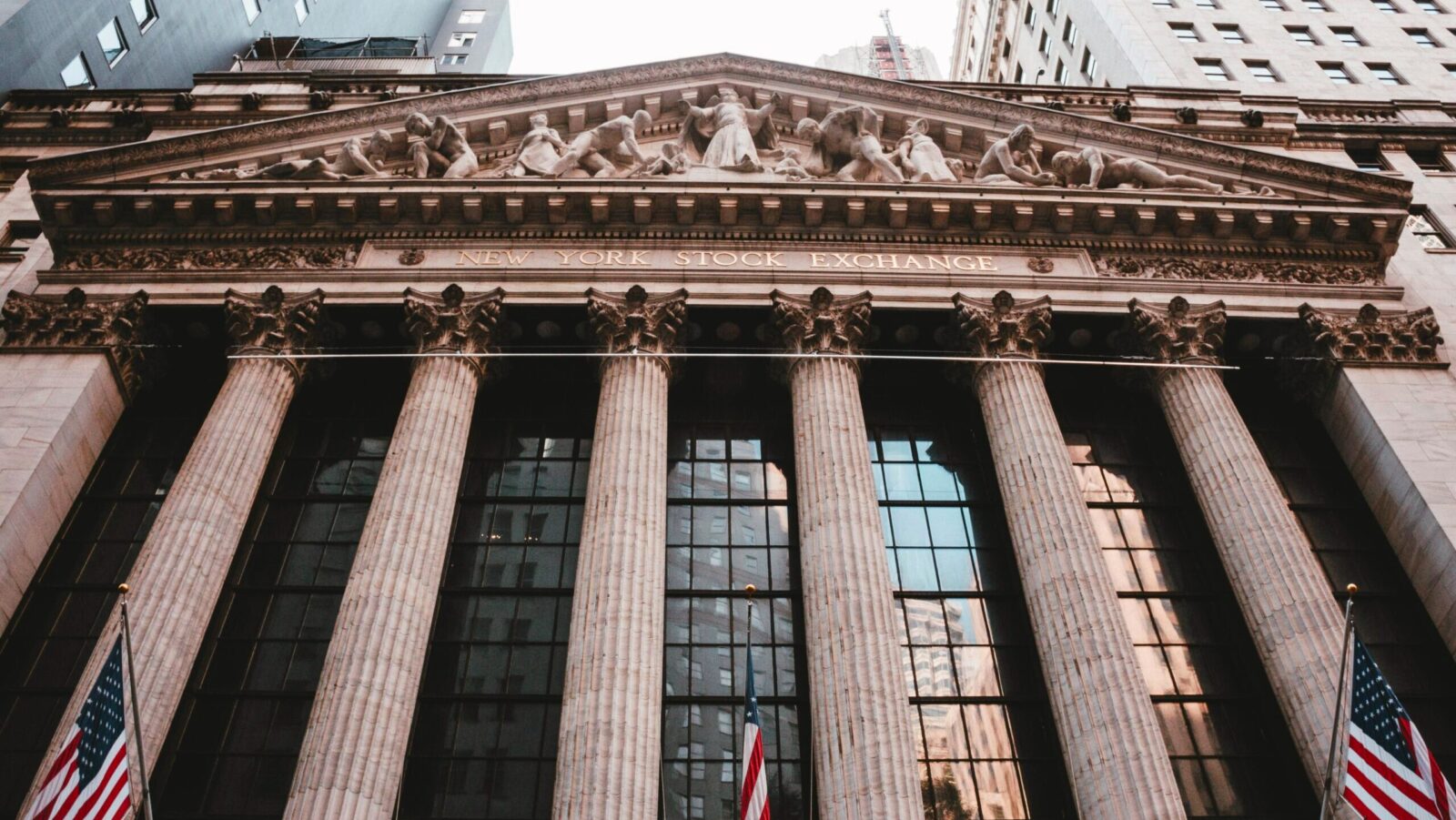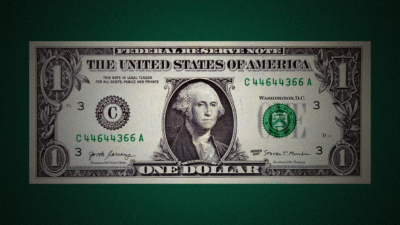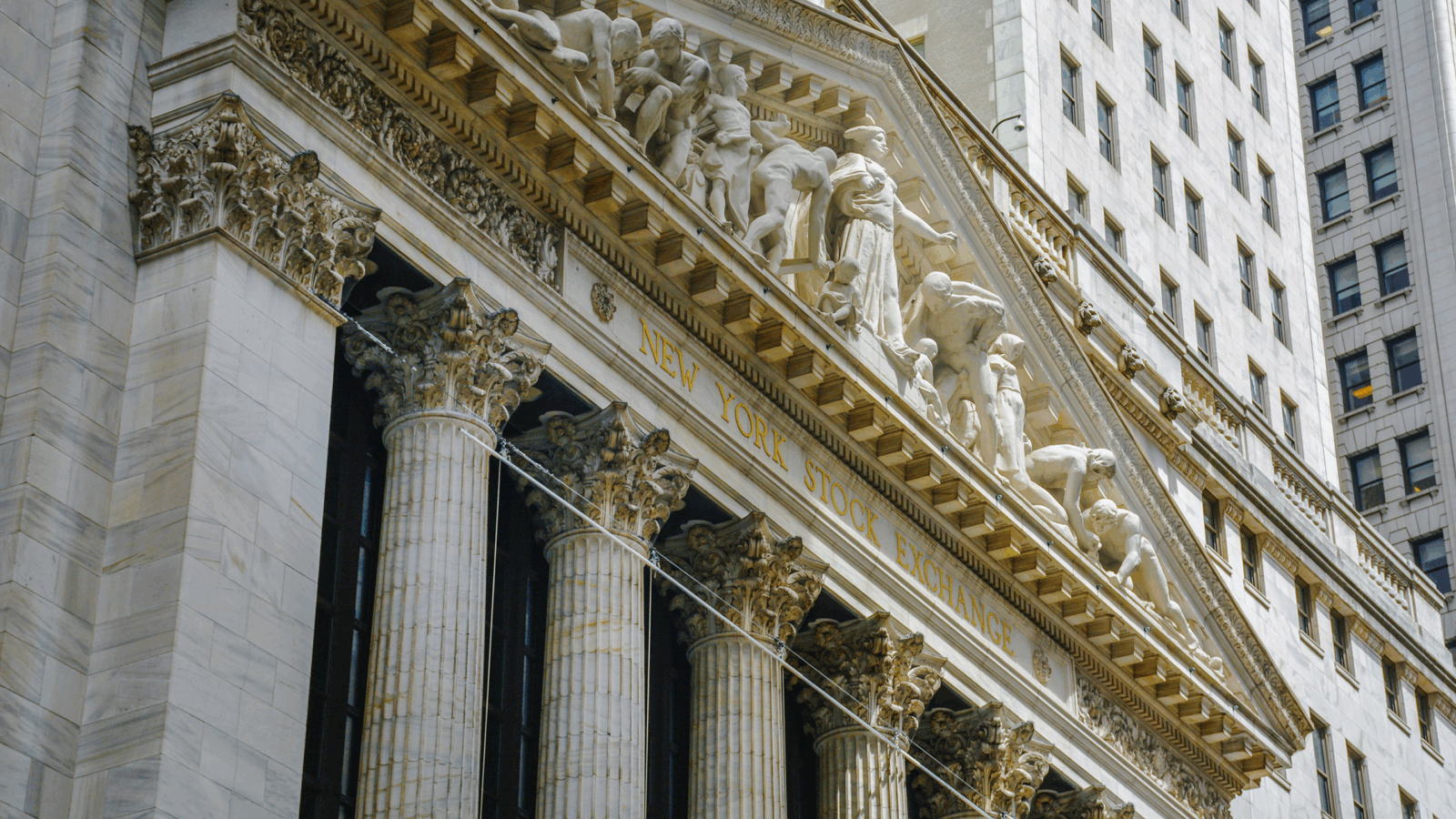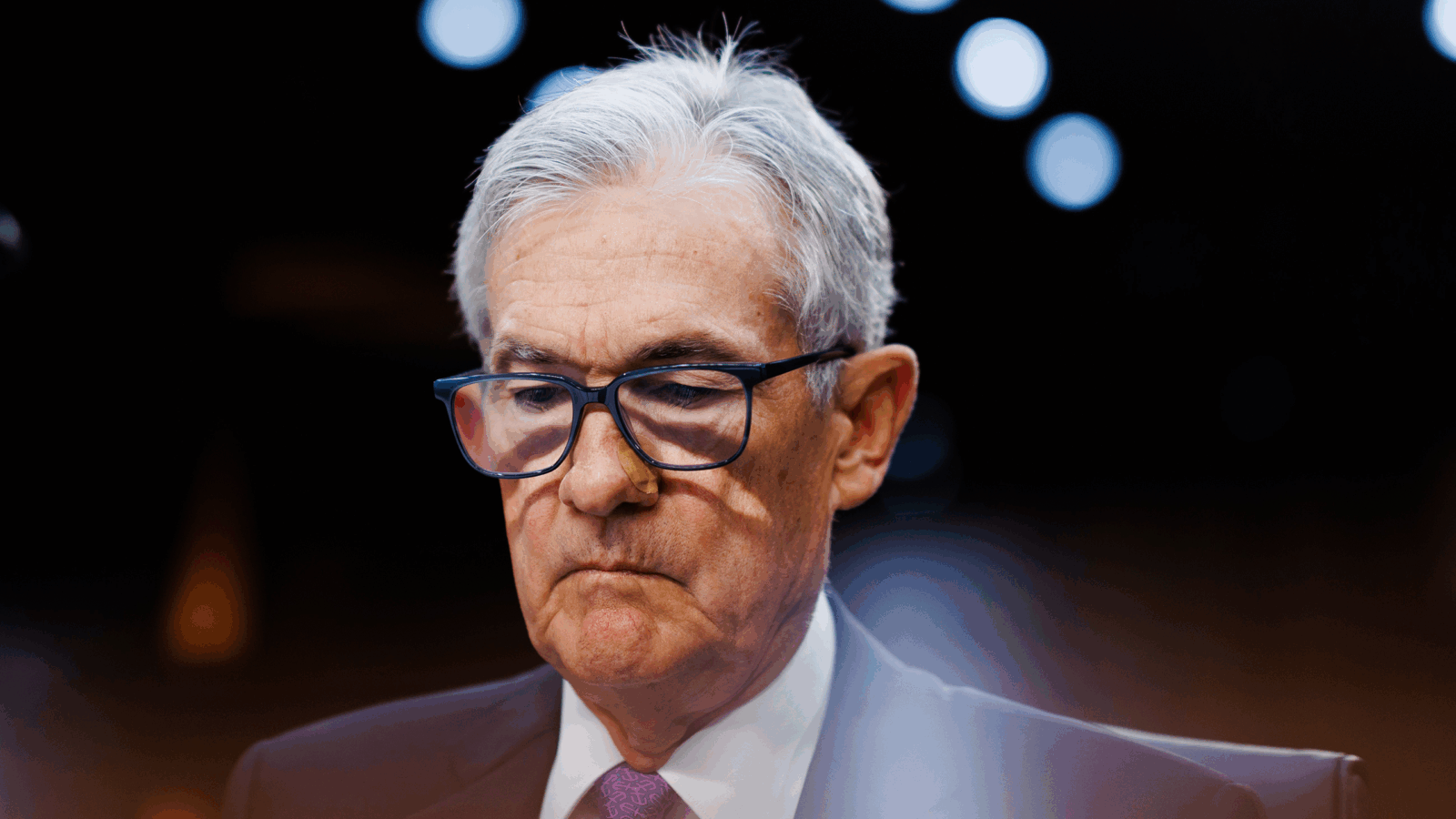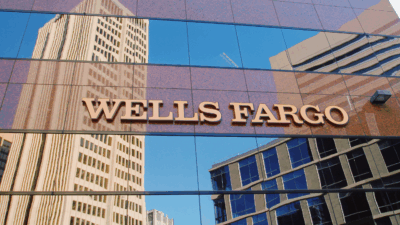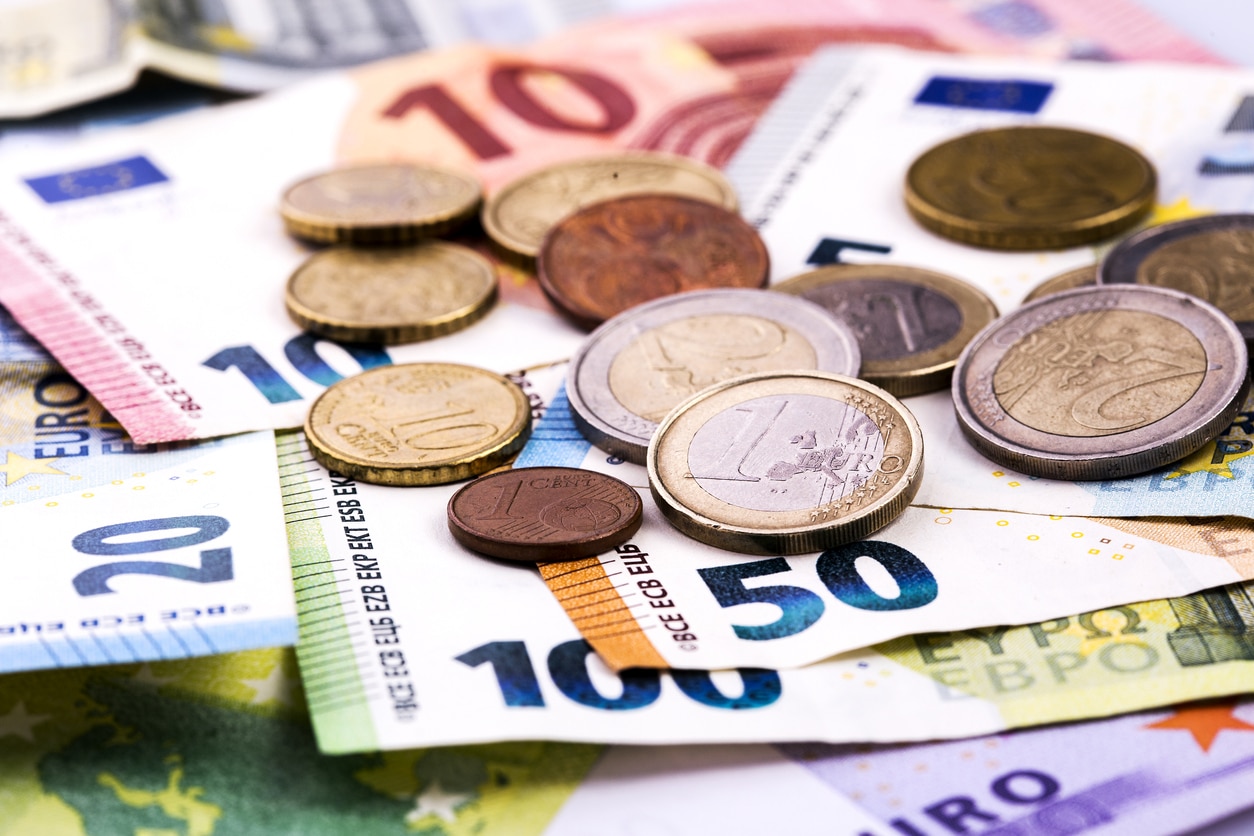
Sign up for smart news, insights, and analysis on the biggest financial stories of the day.
The €3 jambon-beurres in Paris and €4 döner in Berlin were already the bargain-hunting foodie’s mouthwatering treasures. Soon they could be the deal of a lifetime — for American tourists, that is.
Amundi, Europe’s largest fund manager, said Wednesday that it expects the euro to hit dollar parity later this year for the first time since 2002. The reason: the European Central Bank’s regulatory quagmire.
Tale of the Red Tape
Whether they moved fast enough or not, the US Federal Reserve is fighting inflation. This year, the Federal Reserve has raised its benchmark interest rate by 0.75 percentage points to a range of 0.75 to 1% in an effort to tame the fastest rise in the cost of living in a generation.
The European Central Bank (ECB) has a similar problem — annual inflation in the eurozone is expected to hit a record 7.5% in April 2022, up from 7.4% in March. Yet the ECB hasn’t raised borrowing costs since 2011. Its deposit rate has been negative since 2014, and because the European economy is seen as too fragile to absorb a rate hike without descending into a recession, the ECB may be trapped in a bygone era of ultra-loose monetary policy. A contraction of the economy may be on its way anyway. “We are facing lower growth or probably a recession in the eurozone,” Amundi’s chief investment officer Vincent Mortier told the Financial Times. Amid lackluster economic growth, the euro is already down 7% to $1.05 this year, while the ECB’s monetary and geopolitical worries could lead to currency and inflation woes:
- The ECB’s inflation target of 2%, Mortier says, has fallen to third on the bank’s list of priorities, behind stabilizing the borrowing costs for weaker member states like Italy and Greece — which have benefited from central bank stimulus and low interest rates — and supporting growth as the eurozone deals with the economic fallout of Russia’s invasion of Ukraine.
- Amundi says that taking the focus off of a weakening currency will make inflation in the eurozone worse. “Losing sight of the euro-dollar exchange rate is a big mistake when your inflation is mainly coming from imported goods,” Mortier told the FT.
ECB officials, including president Christine Lagarde and governing council member Joachim Nagel, have hinted this week that they could finally hike rates in July — but that, again, raises the specter of higher borrowing costs for weaker member states.
Survey Says: Mortier is not alone. An MLIV Pulse survey of 400 foreign-exchange traders saw 60% of respondents saying the euro will end up level with the US dollar. In the meantime, the eurozone grew by only 0.2% in the first quarter. Forty percent of those traders say they fear a recession in Europe more than inflation.
